Back to Courses
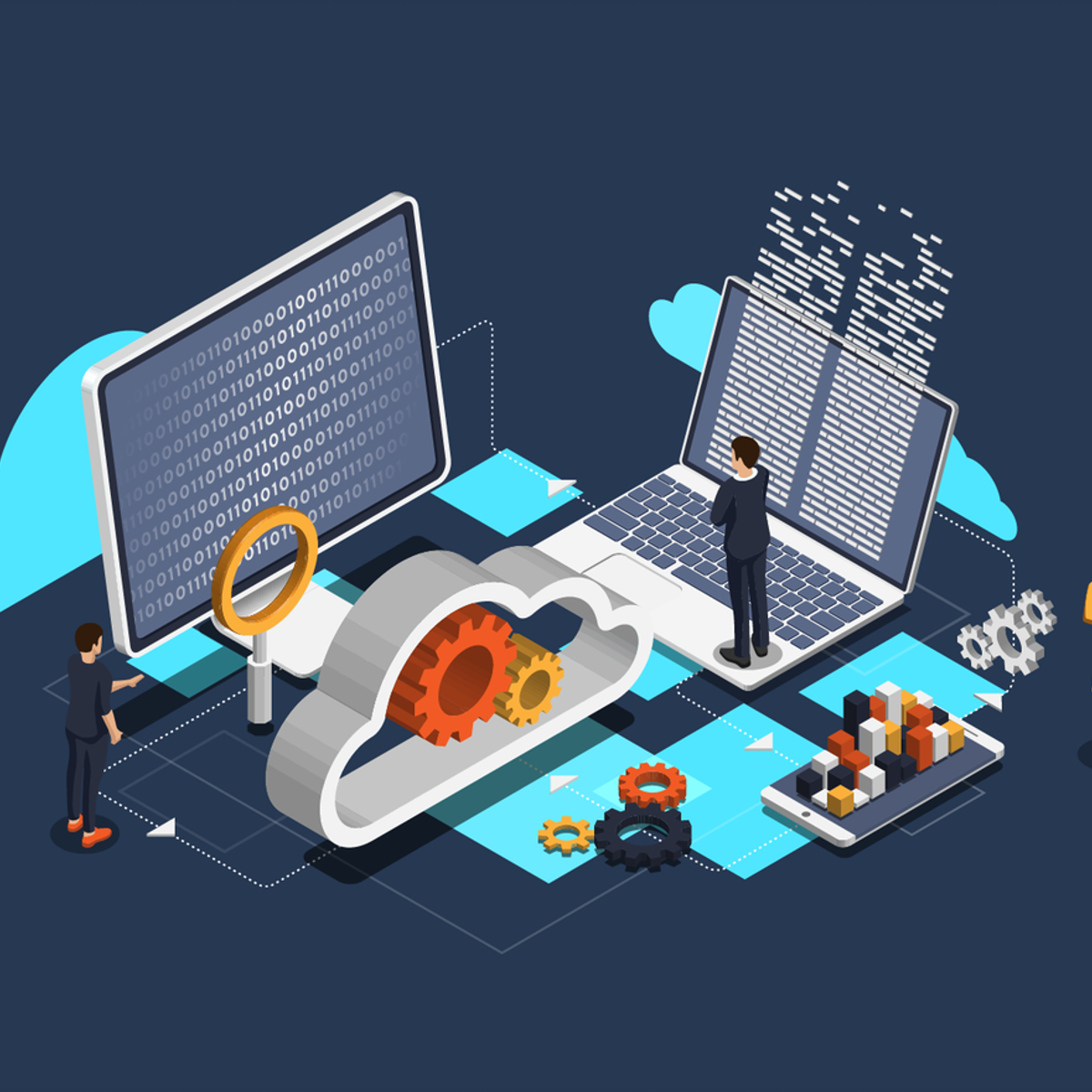
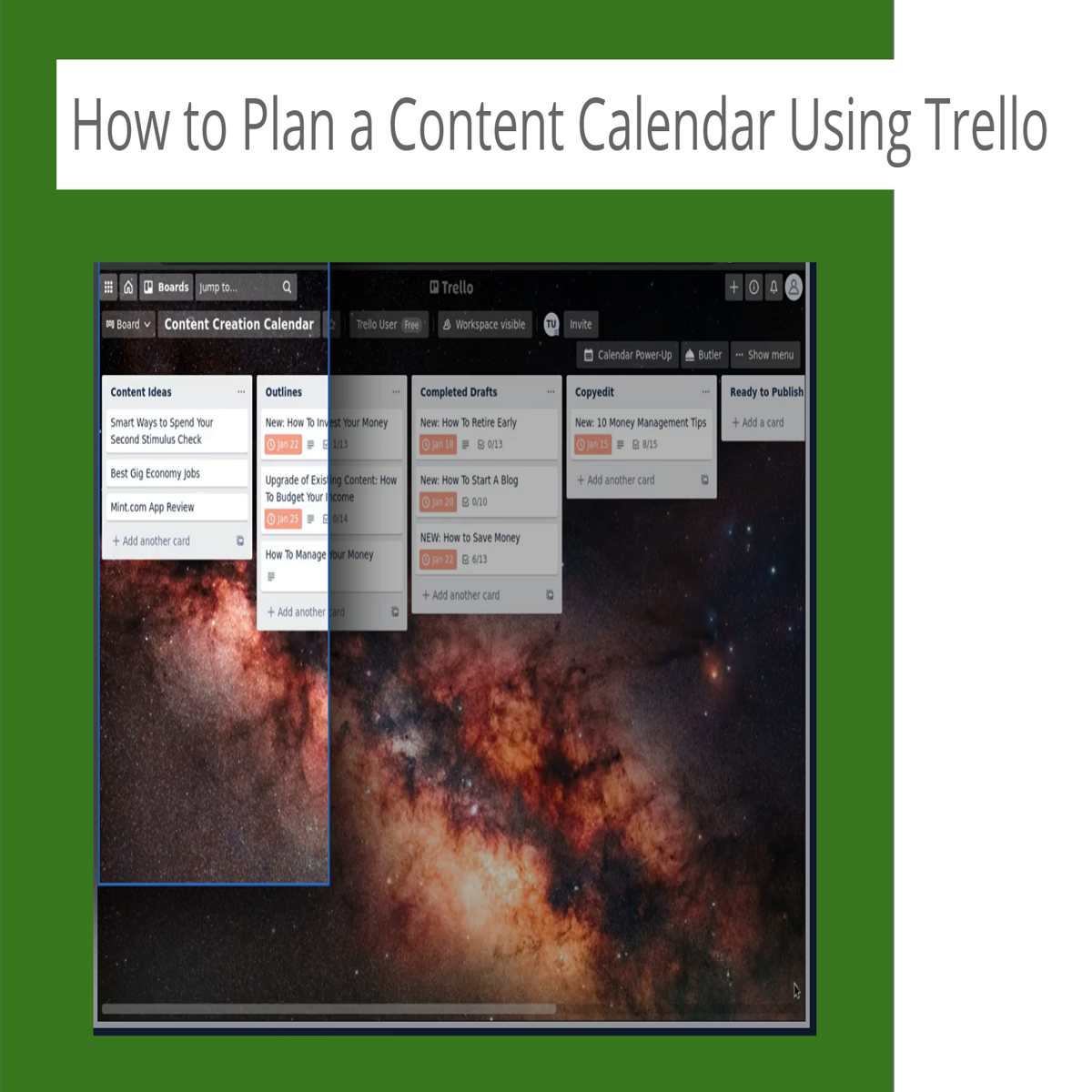


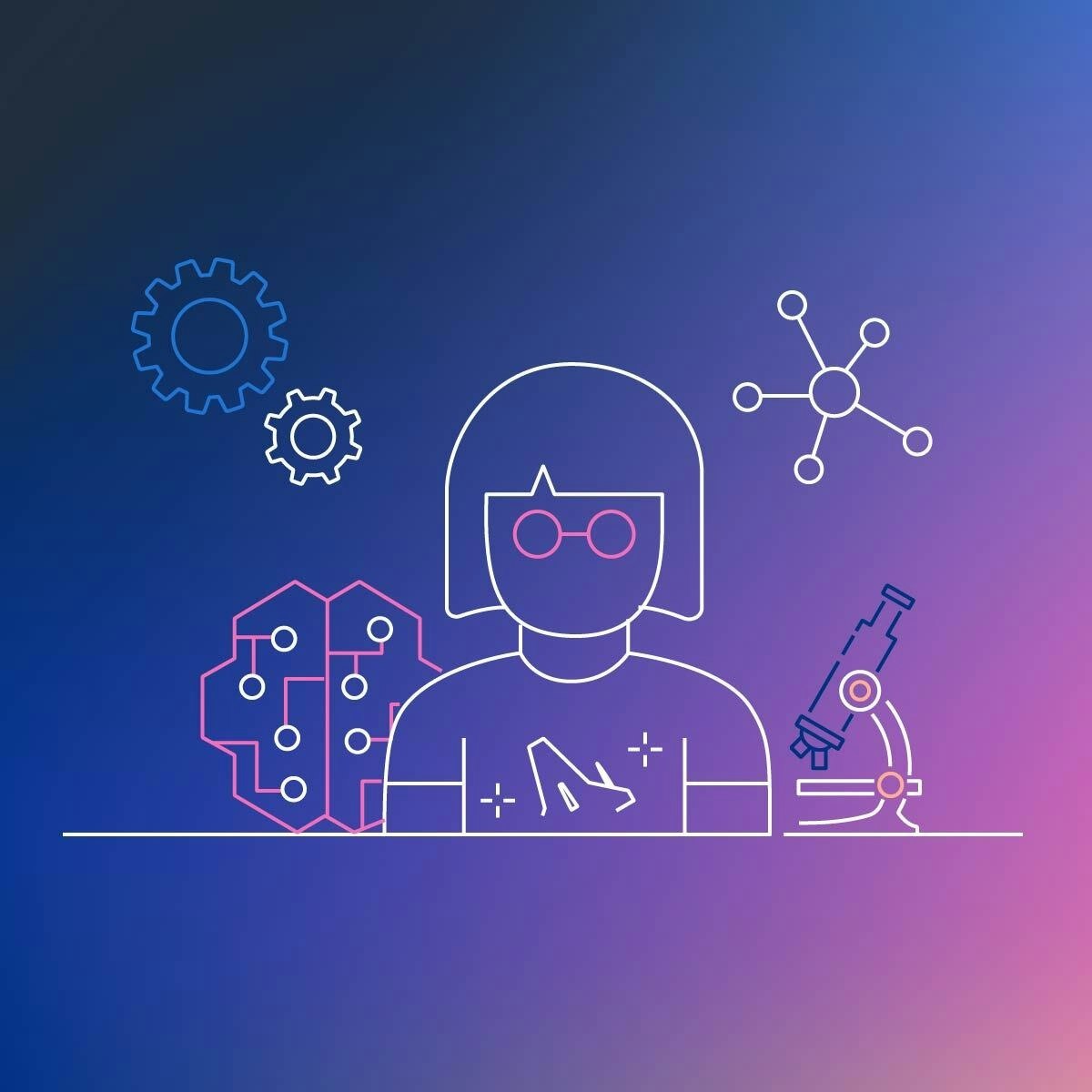
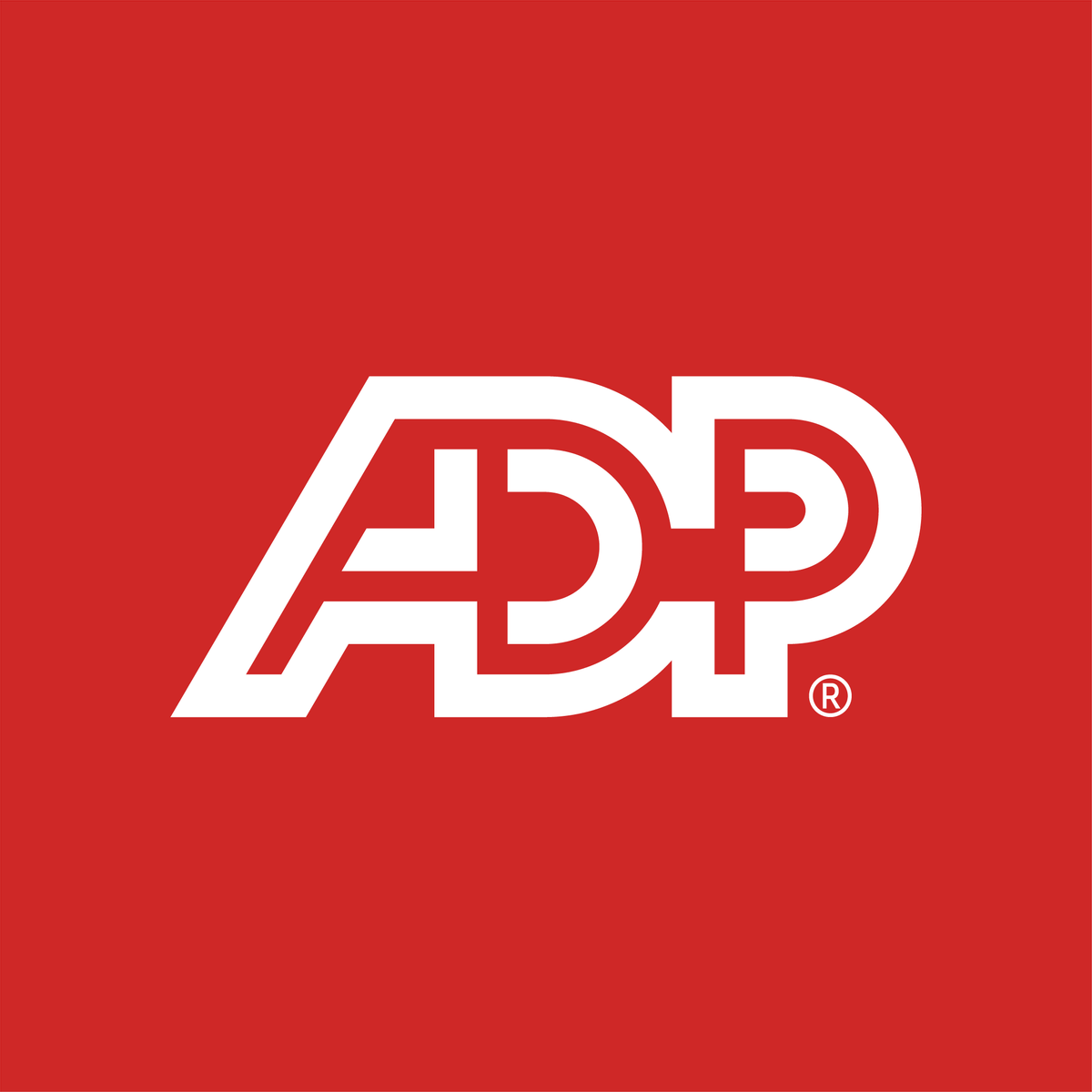
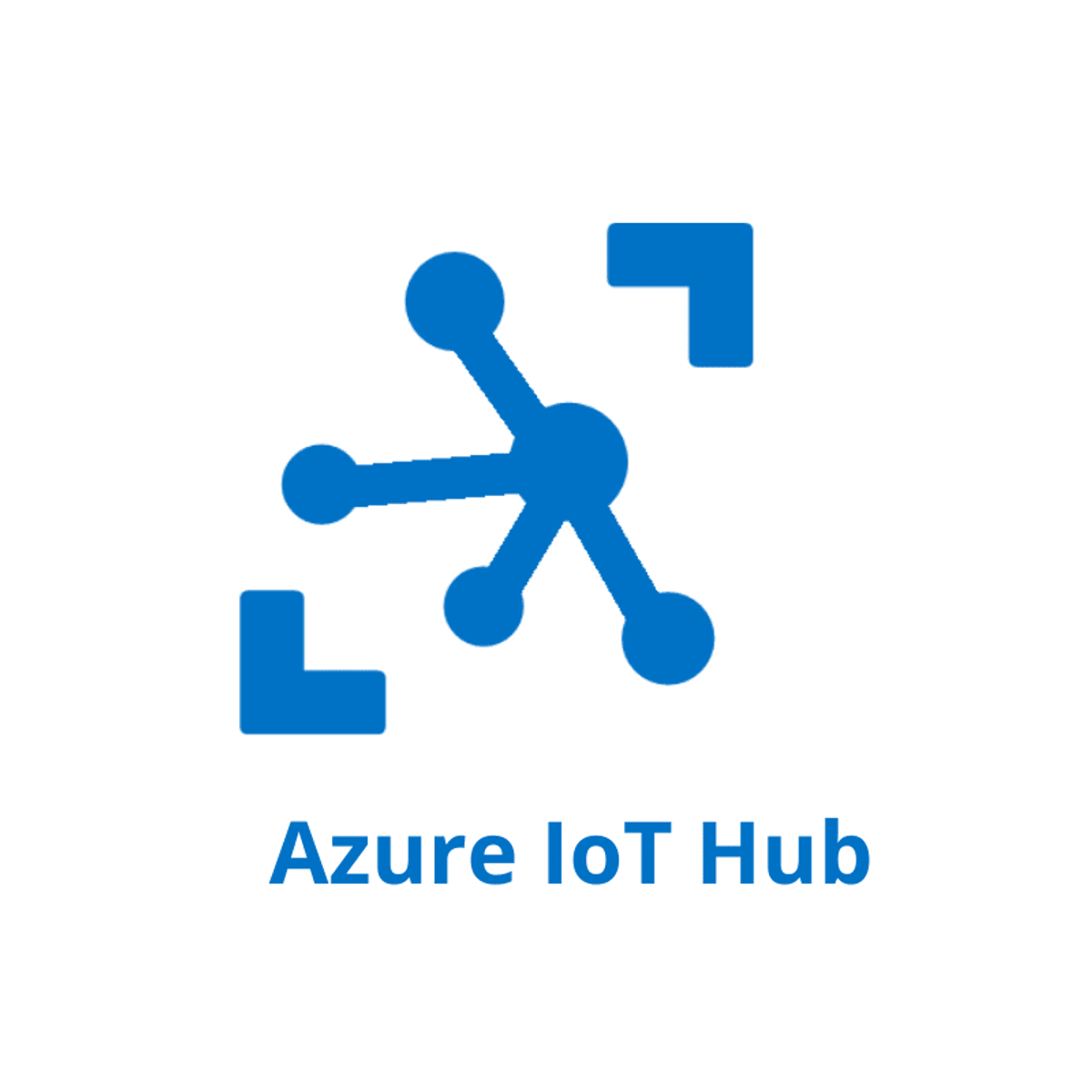
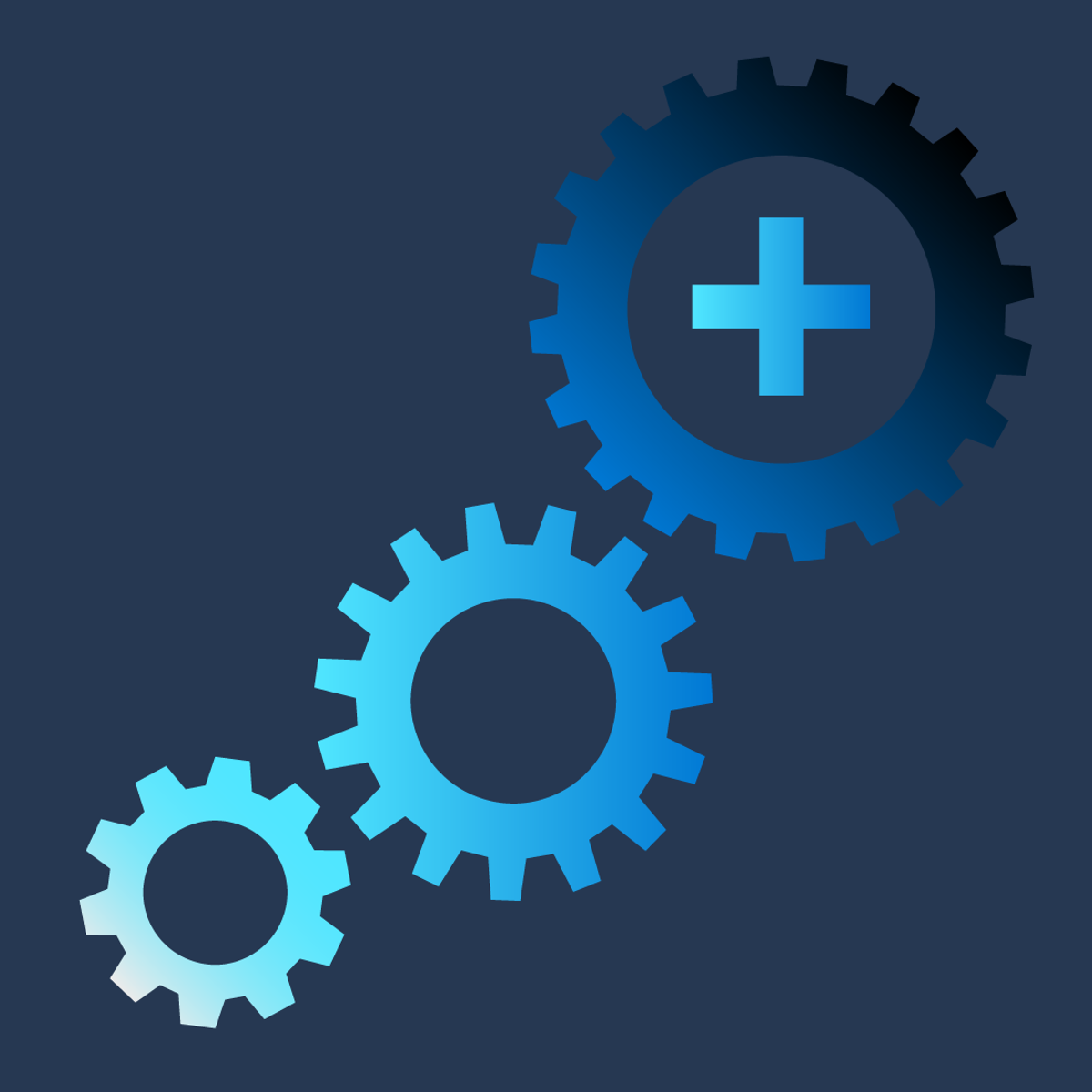

Cloud Computing Courses - Page 3
Showing results 21-30 of 930

Running a MongoDB Database in Kubernetes with StatefulSets
This is a self-paced lab that takes place in the Google Cloud console. Containers are becoming a popular way to run and scale applications across multiple cloud providers or on both cloud and on-premise hardware. This lab provides a quick introduction to running a MongoDB database on Kubernetes Engine using Docker.

Microsoft Azure Relational Databases
In this 2-hour long tutorial, you will learn how to create, and configure a Microsoft Azure Database for MySQL server and database. We will do this by walking through the process of creating a free trial subscription on Azure, logging in and getting familiar with the Azure Portal. We will create a Resource Group in preparation for creating the Azure database and then step through the process of configuring and deploying an Azure Database for MySQL server. From here we will connect securely to the cloud based server and create a new database. We will then populate the database with some sample data, query and update the data using the MySQL command line tool. Once complete we will restore the database to a point in time using the Azure restore database process and finally clean up unused resources keeping costs to a minimum. The skills learned in this guided project provide the foundation to understanding and implementing Azure Relational Databases specifically in relation to MySQL which is a fully managed database offering from Microsoft Azure.
Note: This course works best for learners who are based in the North America region. We’re currently working on providing the same experience in other regions.
If you enjoy this project, we recommend taking the Microsoft Azure Data Fundamentals DP-900 Exam Prep Specialization: https://www.coursera.org/specializations/microsoft-azure-dp-900-data-fundamentals

How to Plan a Content Calendar using Trello
Content creation and managing when it is created is key to business in the online world. Finding tools to manage your content calendar will help to make the job much easier. By the end of this project you will have a content creation calendar on Trello that makes it a breeze.
Note: This course works best for learners who are based in the North America region. We’re currently working on providing the same experience in other regions.

Cloud IDS: Qwik Start
This is a self-paced lab that takes place in the Google Cloud console.
In this lab, Deploy Cloud IDS (Intrusion Detection System), a next-generation advanced intrusion detection service that provides threat detection for intrusions, malware, spyware and command-and-control attacks, to simulate multiple attacks and view the threat details.

Analytics as a Service for Data Sharing Partners
This is a self-paced lab that takes place in the Google Cloud console. In this lab you will learn how Authorized Views in BigQuery can be shared and consumed to create customer-specific dashboards.

Introduction to Machine Learning on AWS
In this course, we start with some services where the training model and raw inference is handled for you by Amazon. We'll cover services which do the heavy lifting of computer vision, data extraction and analysis, language processing, speech recognition, translation, ML model training and virtual agents. You'll think of your current solutions and see where you can improve these solutions using AI, ML or Deep Learning. All of these solutions can work with your current applications to make some improvements in your user experience or the business needs of your application.

ADP Accountant Connect Certification
The Accountant Connect Certification Program is designed to provide accounting professionals with the knowledge, skills, and expertise needed to become proficient in the use and application of Accountant Connect. THIS COURSE IS LIMITED TO LEARNERS IN THE UNITED STATES.
Co-developed with Rootworks – the accounting profession’s premier firm improvement organization – and presented by its founder Darren Root, CPA, Accountant Connect product developer Rhonda Shurter, and experts from Wolters Kluwer – the self-study curriculum provides a thorough review of the key tasks and features of Accountant Connect that can help to modernize your firm’s payroll process, improve efficiency, and strengthen advisory services.
Upon passing ADP's Accountant Connect certification exam, you’ll obtain an official certificate, 3 CPE Credits, as well as a digital badge, to help strengthen your firm’s marketing and showcase your expertise. Add it to your firm’s website and share it on social media with current and prospective clients to further solidify your role as their most trusted advisor.
Important Note: We recommend that you are an active user of Accountant Connect to register for this certification program. If you are a RUN Partner/Wholesaler please access Accountant Connect through the RUN platform. You can otherwise, access the Accountant Connect tool at the following link: https://www.adp.com/logins/adp-accountant-connect.aspx.
Certification Benefits:
Upon successful completion of the program, you’ll unlock many valuable benefits that can help both your firm and your clients, including:
• Recognition as a Certified Partner in ADP Accountant Connect
• An expanded skillset to perform advanced tasks using Accountant Connect
• Help to enhance your firm’s efficiency and earnings potential
• Expanded career opportunities
• Earn 3 CPE credits from Wolters Kluwer CPELink while earning your certification
• Exclusive promotions and discounts made available throughout the year to Certified Partners
Program Content:
This 3-hour and 15-minute course reviews the key tasks and features of Accountant Connect and prepares you for the certification exam. Topics include adding and working with clients, automating reports and tax forms, advising clients with the analysis tools, and leveraging the products and services offered through Accountant Connect, including the Wolters Kluwer’s CCH Resource Library.
Getting Started:
In order to earn your Certified Partner in ADP Accountant Connect certification, at the end of this self-study curriculum here in Coursera, you must:
• Register for the certification exam by clicking the link provided at the end of this course and following the instructions for purchase. The cost of the exam is $295.
• Pass the certification exam.

Create IoT Solutions in Microsoft Azure
In this 1-hour long project-based course, you will learn to create an IoT hub in the Azure cloud, and learn to use the Azure IoT Hub extension for Visual Studio Code to monitor and send device-to-cloud messages and cloud-to-device messages. Then you will learn to create an Azure storage account and create a stream analytics job with an IoT hub as input and a storage account as output so that the messages can be stored on the Azure storage. Finally, you will also configure message routing that enables sending telemetry data from IoT Hub to custom endpoints, and to store the data we will route the messages to the blob storage in Azure.
Before beginning this course, you should be familiar with the services of Microsoft Azure such as Azure IoT hub, stream analytics, and Storage account.
Also, you should have an Azure account prior.

Microsoft Azure Machine Learning for Data Scientists
Machine learning is at the core of artificial intelligence, and many modern applications and services depend on predictive machine learning models. Training a machine learning model is an iterative process that requires time and compute resources. Automated machine learning can help make it easier. In this course, you will learn how to use Azure Machine Learning to create and publish models without writing code.
This is the second course in a five-course program that prepares you to take the DP-100: Designing and Implementing a Data Science Solution on Azurecertification exam.
The certification exam is an opportunity to prove knowledge and expertise operate machine learning solutions at a cloud-scale using Azure Machine Learning. This specialization teaches you to leverage your existing knowledge of Python and machine learning to manage data ingestion and preparation, model training and deployment, and machine learning solution monitoring in Microsoft Azure. Each course teaches you the concepts and skills that are measured by the exam.
This Specialization is intended for data scientists with existing knowledge of Python and machine learning frameworks like Scikit-Learn, PyTorch, and Tensorflow, who want to build and operate machine learning solutions in the cloud. It teaches data scientists how to create end-to-end solutions in Microsoft Azure. Students will learn how to manage Azure resources for machine learning; run experiments and train models; deploy and operationalize machine learning solutions, and implement responsible machine learning. They will also learn to use Azure Databricks to explore, prepare, and model data; and integrate Databricks machine learning processes with Azure Machine Learning.

Pipeline Graphs with Cloud Data Fusion
This is a self-paced lab that takes place in the Google Cloud console. This lab shows you how to use the Wrangler and Data Pipeline features in Cloud Data Fusion to clean, transform, and process taxi trip data for further analysis.
Popular Internships and Jobs by Categories
Find Jobs & Internships
Browse
© 2024 BoostGrad | All rights reserved